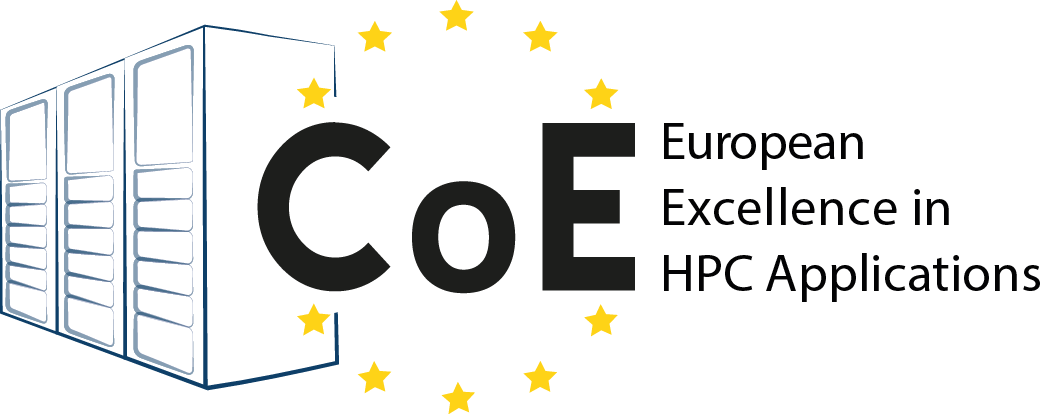- Homepage
- >
- Linear Algebra
LAXLib & FFTXLib
LAXLib & FFTXLib – One of the most important obstacles when keeping the codes up to date with hardware is the programming style based on old-style (i.e., non object-oriented) languages. Programming styles in community codes are often naive and lack the modularity and flexibility. From here, the need to disentangle such codes is essential for implementing new features or simply refactoring the application in order to efficiently run on the new architectures. Rewriting from scratch one of these codes is not an option because the communities behind these codes would be disrupted. One of the possible approaches that could permit to evolve the code is to progressively encapsulate the functions and subroutines, breaking up the main application in small (possibly weakly dependent) parts. This strategy was followed by Quantum ESPRESSO: two main types of kernels were isolated in the independent directories and proposed as candidates for the domain-specific libraries for third-party applications. The first library, called LAXlib, contains all the low-level linear algebra routines of Quantum ESPRESSO, and in particular those used by the Davidson solver (e.g., the Cannon algorithm for the matrix-matrix product). The LAXlib also contains a mini-app that permits to evaluate the features of a HPC interconnect measuring the linear algebra routines contained therein. The second library encapsulates all the FFT related functions, including the drivers for several different architectures. The FFTXlib library is self-contained and can be built without any dependencies on the remaining part of the Quantum ESPRESSO suite. Similarly, in the FFTXlib there is a mini-app that permits to mimic the FFT cycle for the SCF calculation of the charge density tuning the parallelization parameters of Quantum ESPRESSO. This mini-app has also been used to test the new implementation using the MPI-3 non blocking collectives.
CoE: MaX
